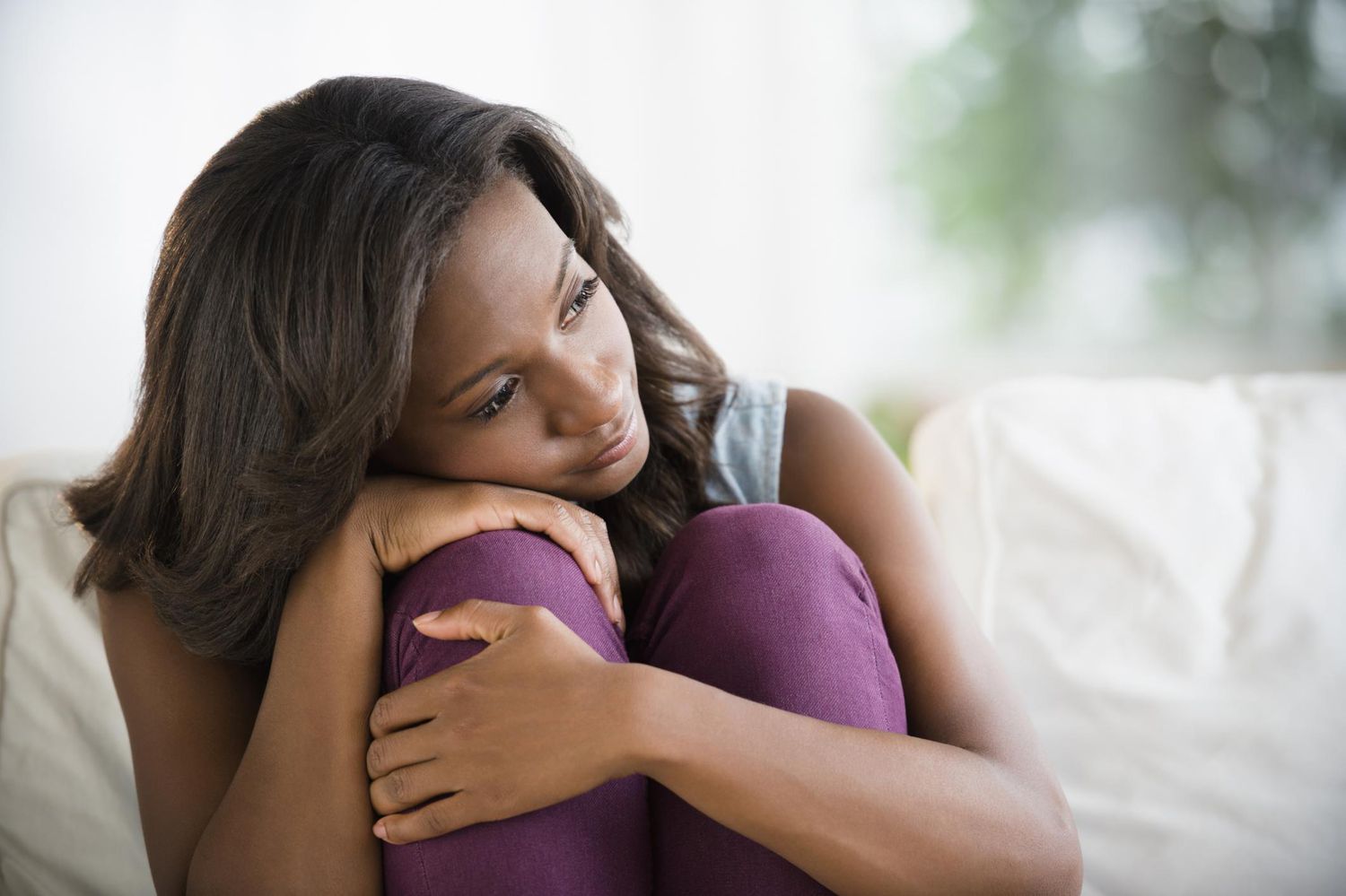Dive into the intricate world of Pre-Menstrual Syndrome (PMS) and challenge your understanding of its various aspects. This quiz will take you through the symptoms, causes, and treatments associated with PMS, providing a deeper insight into this prevalent condition. Whether you’re looking to learn more or test your existing knowledge, this quiz offers a valuable opportunity. Good luck, and let’s see how well you know PMS!
We recommend that you do not leave the page that you are taking this quiz in. Stay honest 🙂
PMS Quiz Questions Overview
1. What is PMS?
Post-Menstrual Syndrome
Pre-Menstrual Syndrome
Peri-Menstrual Syndrome
Primary Menstrual Syndrome
2. Which of the following is NOT a common symptom of PMS?
Bloating
Headache
Shortness of breath
Mood swings
3. Approximately how many women experience PMS symptoms?
10%
25%
50%
75%
4. Which hormone is primarily associated with PMS symptoms?
Testosterone
Insulin
Estrogen
Cortisol
5. What is the term for severe PMS symptoms that interfere with daily life?
Premenstrual Dysphoric Disorder (PMDD)
Chronic PMS
Acute PMS
Intense PMS
6. Which lifestyle change can help alleviate PMS symptoms?
Increased caffeine intake
Regular exercise
Skipping meals
Increased alcohol consumption
7. What type of medication is commonly used to treat PMS symptoms?
Antibiotics
Antidepressants
Antihistamines
8. Which dietary supplement is often recommended to help with PMS symptoms?
Calcium
Iron
Potassium
Magnesium
9. Which of the following is a common emotional symptom of PMS?
Euphoria
Irritability
Indifference
Apathy
10. What is the typical duration of PMS symptoms before menstruation?
1-2 days
3-5 days
7-10 days
14-21 days
11. Can stress management techniques help with PMS symptoms?
Yes
No
Only for some women
Only with medication
12. Which vitamin is often suggested to help reduce PMS symptoms?
Vitamin B6
Vitamin B12
Vitamin C
Vitamin D
13. Which of the following is a common physical symptom of PMS?
Back pain
Chest pain
Abdominal pain
14. Can dietary changes help manage PMS symptoms?
Yes
No
Only with supplements
Only with medication
15. Which of the following is NOT a recommended treatment for PMS?
Hormonal therapy
Pain relievers
Increased sugar intake
Antidepressants
16. What role does serotonin play in PMS?
Increases anxiety
Reduces pain
Regulates mood
Causes bloating
17. Which of the following is a common behavioral symptom of PMS?
Increased productivity
Social withdrawal
Hyperactivity
Enhanced focus
18. What is the primary cause of PMS?
Dietary habits
Hormonal fluctuations
Lack of exercise
Stress
19. Can PMS symptoms vary from cycle to cycle?
Yes
No
Only in teenagers
Only in adults
20. Which of the following is a non-medical treatment for PMS?
Pain relievers
Hormonal therapy
Cognitive-behavioral therapy
Antidepressants
We recommend that you do not leave the page that you are taking this quiz in. Stay honest 🙂
Can Your Friends Do Better Than You in This Quiz?
Share this quiz with your friends and compare results.
Was this page helpful?
More Popular Health & Wellness Quizzes:
-
Basic ECG Quiz
-
Mental Health First Aid Quiz
-
Pancreatic Cancer Quiz
-
Trauma-Informed Care Quiz
-
Diaper Quiz
-
Alzheimer Quiz











